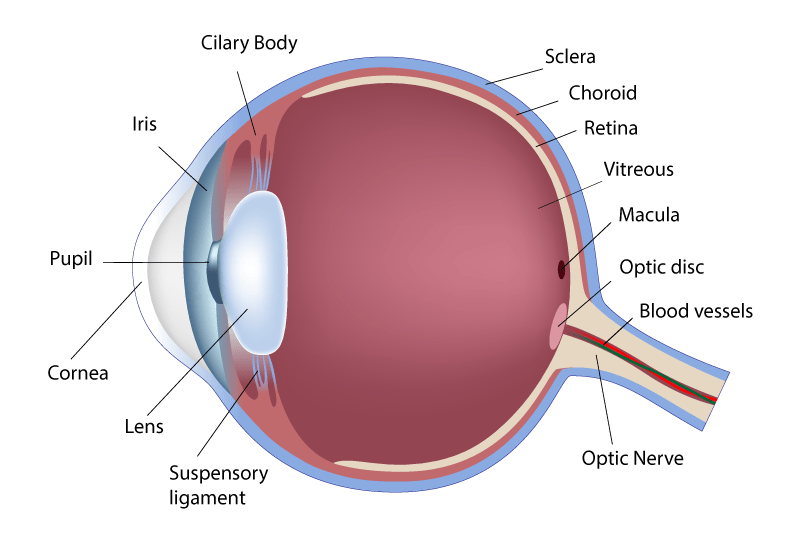Cataracts are a very common eye condition. As you age the lens inside your eye gradually changes and becomes less transparent. If you have a cataract, you have a lens that has turned misty or cloudy. You can get cataracts at any age, but they are more common the older you get.
What are the symptoms of cataracts?
- A gradual decline in vision – for example, you may need more light to read small print
- Vision appears cloudy or washed out – as if your glasses are dirty
- Needing stronger glasses, or more frequent changes of glasses
- Problems with bright lights – light can seem to glare and headlights at night can be dazzling
- Slight changes in colour vision – things may appear more yellow.
How are cataracts treated?
If you and Professor Jackson decide that your sight is giving you enough day-to-day trouble, you can book for an operation to have your cloudy lens removed and replaced with a clear artificial one.
Cataract surgery is generally brief, lasting about 20-30 minutes, and is usually done under local anaesthetic. Most people notice a significant improvement in their vision after surgery.
Further information about cataracts and the risks and benefits of surgery can be found in our patient information leaflet (PDF).
